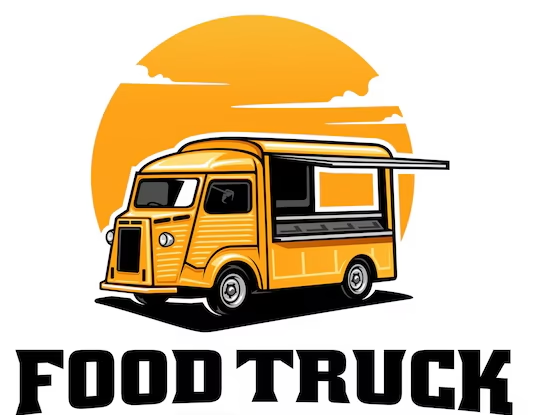📝🚚 How to Cook Up a Winning Food Trailer Business Plan
Starting a food trailer business is anhttp://yourdesignedfoodtrailer.shop exciting venture—a flavorful fusion of mobility, entrepreneurship, and culinary creativity. But before you start serving street-side smoothies or gourmet grilled cheese, there’s one ingredient you can’t skip: a strong business plan. It’s your roadmap, your pitch deck, and your strategy rolled into one.
Let’s break down everything you need to craft a food trailer business plan that’s practical, persuasive, and totally delicious.
🎯 Executive Summary
Start with a clear snapshot of your venture:
- Business Name & Concept: What type of food will you serve? What’s your unique angle?
- Mission Statement: Why are youhttp://ebay.com starting this business? What values drive you?
- Target Market: Who are your ideal customers—busy professionals, festival crowds, health-conscious eaters?
- Goals: Revenue targets, expansion plans, or brand milestones for the first year.
🍔 Market Analysis
Understanding your space is vital:
- Industry Overview: Highlight growth trends in mobile food services.
- Local Market Research: http://bing.comAssess competitor trailers, demand, and customer behavior.
- SWOT Analysis: Identify your strengths, weaknesses, opportunities, and threats.
- Regulatory Landscape: Note permits, health codes, and zoning requirements.
🧑🍳 Menu & Services
- Menu Offerings: List signature items, pricing, seasonal dishes, and dietary options.
- Service Style: Are you walk-up only? Offering catering or mobile event service?
- Equipment & Utilities: Outline required gear—refrigerators, grill tops, power sources (generator or solar).
📍 Location & Mobility Strategy
- Primary Locations: Detail parking spots, events, and markets you’ll target.
- Route Planning: If mobile, explain how you’ll choose where to serve and how you’ll notify customers.
- Permits & Licenses: Include a checklist for local requirements.
💸 Financial Projections
- Startup Costs: Trailer purchase, equipment, branding, permits, insurance.
- Operating Expenses: Fuel, food http://commercialtrucktrader.comsupplies, payroll (if applicable), marketing.
- Revenue Forecasts: Daily, weekly, and monthly projections based on foot traffic and average ticket price.
- Break-Even Analysis: Show when you expect to turn a profit.
| Expense Category | Estimate (USD) |
|---|---|
| Trailer & Equipment | $30,000–$60,000 |
| Licenses & Permits | $500–$2,000 |
| Marketing & Branding | $1,000–$3,000 |
| Monthly Operating Costs | $2,000–$6,000 |
📣 Marketing & Branding Strategy
- Brand Identity: Logo, trailer design, uniforms, voice & tone.
- Promotion Channels: Socialhttp://usedvending.com media, food truck finder apps, flyers, collaborations.
- Customer Engagement: Loyalty programs, social shares, limited-time deals.
🧍 Team & Operations
- Owner Bio(s): Highlight culinary or business experience.
- Staffing Plan: Roles,http://craigslist.org responsibilities, and hiring timeline.
- Operating Hours: Daily schedule, prep time, clean-up routine.
✅ Appendices (Optional but Helpful)
- Sample menu
- Trailer layout
- Vendor contracts
- Visual branding mockups
- Health inspection checklist
🔑 Final Thoughts
Your food trailer isn’t just a business—it’s a rolling http://facebook.com/marketplacevision of passion and practicality. A strong business plan helps you secure funding, stay focused, and adapt as you grow. Whether you’re pitching to investors or just making sure your idea is airtight, this document puts your venture on wheels—with confidence.
